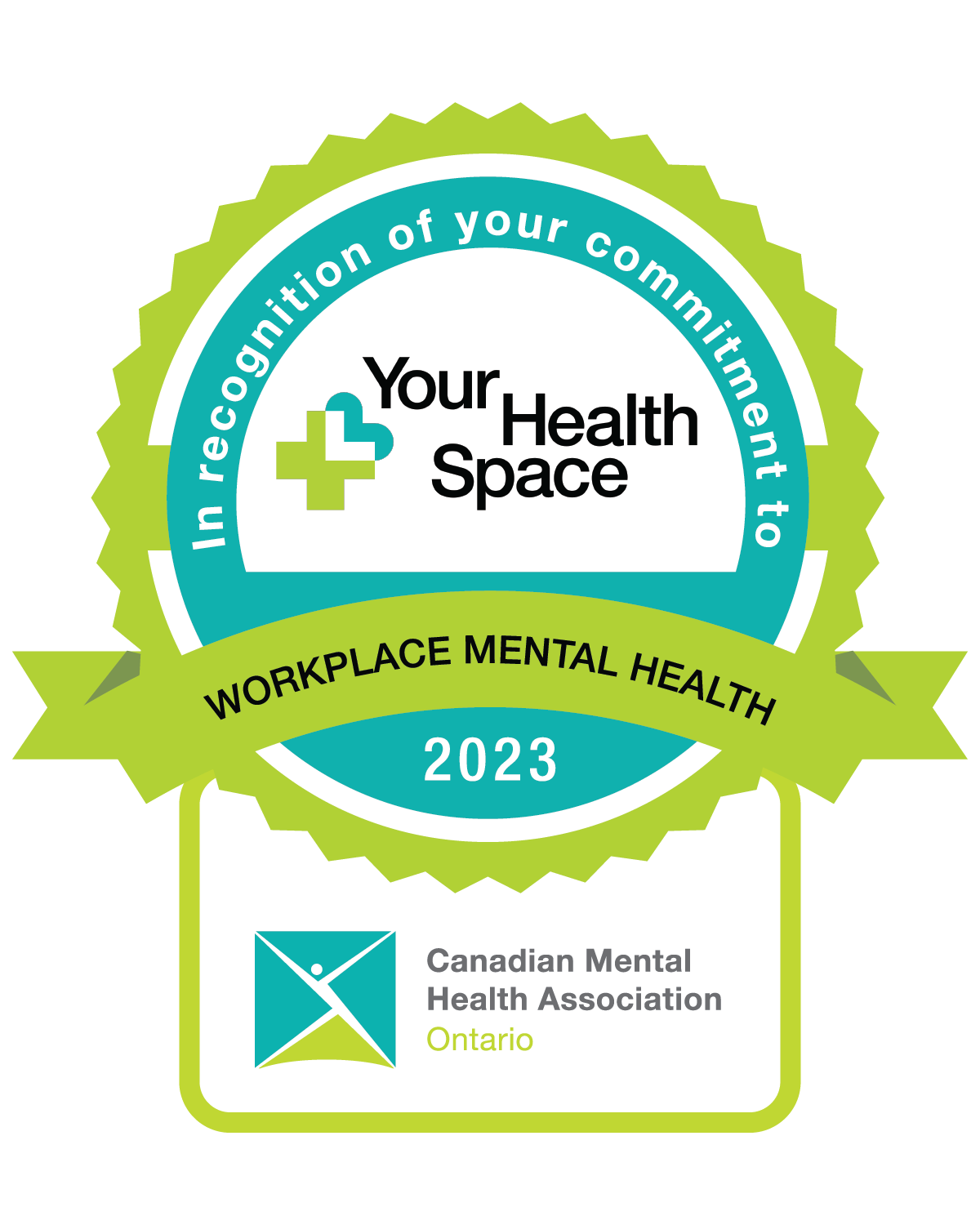Our History
our history
celebrating a legacy of growth and service
1981
- Canadian Paraplegic Association meets with a group of patients at Lyndhurst Rehabilitation Hospital who had recently sustained spinal cord injuries and would require access to wheelchair accessible housing with attendant services. At the time, there was a serious shortage of housing for people living with disabilities, with extensive waiting lists of one to two years.
- The Lyndhurst patients meet with Ontario Advisory Council for the Physically Disabled to determine the necessary steps needed to achieve their goal of living independently in the community.
1982
- Nucleus Housing is founded by the group of Lyndhurst patients who become its first consumers and holds its first official meeting in February. Darrel Murphy is elected President.
- Nucleus Housing consumers meet with MPPs, the Ministry of Housing, and the Ministry of Community and Social Services, and receive a commitment for funding of attendant services if they can find a building.
- Cheshire Homes Foundation allows Nucleus Housing to use its charitable tax number for fund-raising purposes. Nucleus establishes itself as an “attendant services co-operative”.
- Metropolitan Toronto Housing Co. commits to providing 14 units, plus one for an office, in one of their new buildings in Etobicoke. Architect drawings are submitted to increase accessibility and enhance independence.
- Nucleus Housing Inc. is incorporated in August and hires its first Executive Director.
1983
- Nucleus commences operations, providing 24-hour attendant services for 14 individuals who had sustained spinal cord injuries, and becomes the first organization to be created and operated by people living with a physical disability.
1984
- "Nucleus 1” officially celebrates its grand opening with special guest, Sir Leonard Cheshire, on hand to inaugurate the project.
1985
- Nucleus begins searching for a second location for expansion, considering about 15 different sites and organizations over the following two years.
1988
- Nucleus works with the Co-operative Housing Federation of Toronto to help form a Founding Co-op Board. Two Nucleus consumers are elected to the founding Board of Humberview Housing Co-op and the Board begins working on the design for a second building with a fully accessible environment.
1991
- Nucleus II begins providing services to 14 more individuals in unique one, two and three bedroom units in another building in Etobicoke. Services are expanded to include attendant services for female consumers and for a consumer who required a respirator to support breathing.
1999
- Nucleus expands its attendant services to Mississauga and Brampton through an Attendant Outreach Program. The program provides attendant care and personal support to persons with physical disabilities from 6:00 am to 12 midnight in their own homes, at school, or in the workplace.
2005
- Nucleus pilots a Caregiver Respite Program for caregivers who support adults with physical disabilities.
2009
- Nucleus launches a 24-hour mobile support service called Supports for Daily Living (SDL), targeting high risk seniors, 65 years and older, providing assisted living services in people’s homes. This service is part of a regional program operated by a partnership of service providers across the Mississauga Halton LHIN.
- Nucleus sets up and administers the Supports for Daily Living (SDL) Central Registry which provides centralized access to SDL services across the region. Central Registry’s role is to receive all referrals to SDL services, determine eligibility, coordinate access and manage the waitlist.
2010
- Nucleus partners with AbleLiving, Links2Care and Alzheimers Society of Peel to launch Caregiver ReCharge which provides in-home respite services to support primary caregivers who need some relief from the 24-hour/day responsibilities for caring for someone at home.
- Nucleus, with support from Caregiver Respite partners, sets up and operates the Caregiver Respite Central Registry to provide centralized access to the Caregiver Recharge program by receiving referrals, assessing eligibility, coordinating access to services and managing the waitlist. Respite Advisors also provide care coordination to assist caregivers who are waiting for service initiation.
2011
- The Supports for Daily Living Program is recognized for excellence by winning the National 3M Award for Quality in Health Care. The honour is awarded to Nucleus as one of the eight Supports for Daily Living Service Provider partners along with the Mississauga Halton LHIN.
2013
- As a service provider of the Supports for Daily Living Program, Nucleus is awarded the inaugural Minister’s Medal Honouring Excellence in Health Quality and Safety for providing community resources to seniors discharged from hospital so they can recover at home rather than a long-term care facility.
2014
- With support from the Missississauga Halton LHIN and in partnership with many Community Support Services agencies, Nucleus set up and operates the
Mississauga Halton LHIN Regional Learning Centre (RLC) to provide training and education for community support providers and informal caregivers.
2016
- As one of the partners in the Caregiver Respite Program which involves providing Caregiver Recharge services, operating the Central Registry and the Regional Learning Centre, Nucleus is recognized for excellence with the awarding of the 3M Health Care Quality Team Award in the category of Quality Improvement Initiative across a health system to the Mississauga Halton LHIN Caregiver Respite Program.
- The Caregiver Respite Program in the Mississauga Halton LHIN is awarded the Minister’s Team Medal Honouring Excellence in Health Quality and Safety. As one of the partners engaged in the development of the Caregiver Respite Program and delivery of services, Nucleus is recognized for its contribution as one of the medal recipients.
2018
- In partnership with Meals on Wheels service providers, Nucleus sets up the
Meals in Home program which aims to reduce food insecurity for very vulnerable residents who meet eligibility criteria. Centralized access is provided by the Central Registry.
WE ARE NUCLEUS
we believe that people can live well at home with appropriate support in their community
GET IN TOUCH
Nucleus Independent Living
2030 Bristol Circle, Suite 110
Oakville, Ontario L6H 0H2




